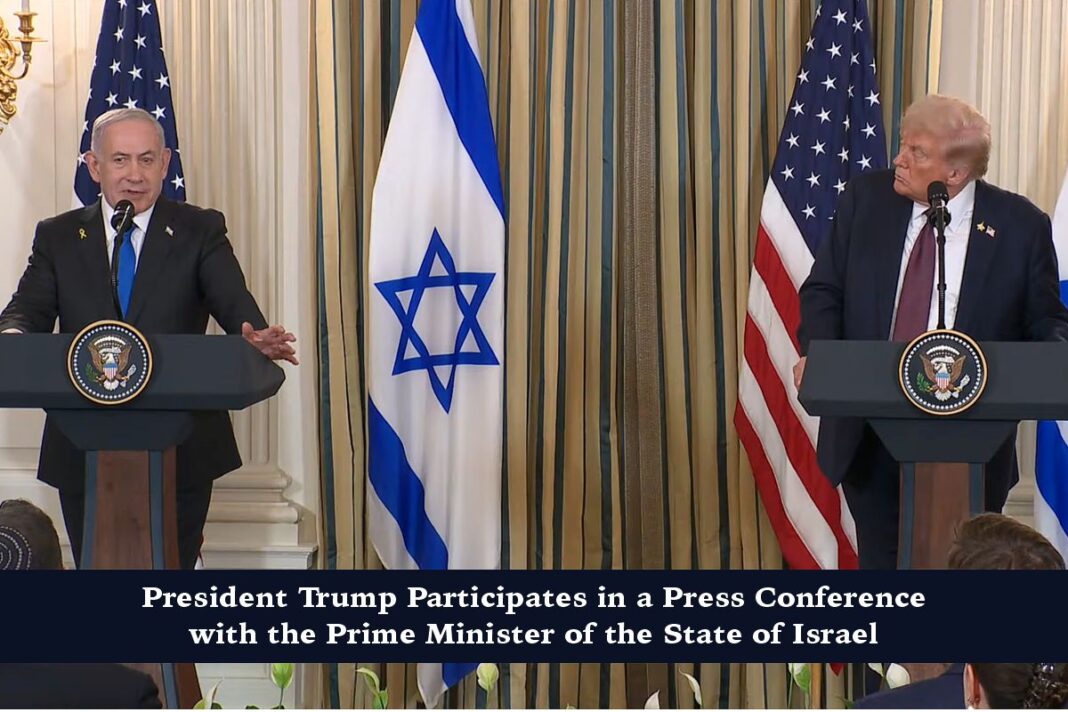The Pentagon determined DJI to be a ’military-civil fusion contributor’ to China’s military.
China-based drone maker DJI will remain on the Pentagon’s blacklist of Chinese companies working with Beijing’s military, after a federal judge dismissed its lawsuit challenging the designation on Sept. 26.
In his 49-page opinion, District Judge Paul Friedman of the U.S. District Court for the District of Columbia ruled that the Pentagon’s finding that DJI contributes to the Chinese defense industrial base is “supported by substantial evidence,” even though he “cannot conclude” that DJI is “indirectly owned by the Chinese Communist Party.”
“DJI acknowledges that its technology can and is used in military conflict but asserts that its policies prohibit such use,” Friedman wrote. “Whether or not DJI’s policies prohibit military use is irrelevant. That does not change the fact that DJI’s technology has both substantial theoretical and actual military application.”
In other words, Friedman concluded that the Pentagon had presented enough evidence to call DJI a “military-civil fusion contributor” to China’s defense industrial base.
DJI, a private company headquartered in the southern Chinese city of Shenzhen, sells more than half of all commercial drones in the United States. In October 2024, it filed a lawsuit against the Pentagon after the latter placed the Chinese drone maker and many other Chinese companies on its list of “Chinese military companies” operating in the United States, under Section 1260H of the 2021 National Defense Authorization Act.
In a complaint, DJI called the Pentagon’s decision “unlawful and misguided” and stated that it “is neither owned nor controlled by the Chinese military.”
Friedman explained that companies on the Pentagon list are barred from accessing certain U.S. grants, contracts, loans, and other programs.
One of the deciding factors in the ruling was the fact that the Chinese regime’s top economic planning agency, the National Development and Reform Commission, has recognized DJI as a “National Enterprise Technology Center” (NETC). According to the judge’s opinion, Chinese companies with this designation benefit from “free cash subsidies,” “special financial support” from China’s Ministry of Science and Technology, and “a large number of tax benefits.”
By Frank Fang







